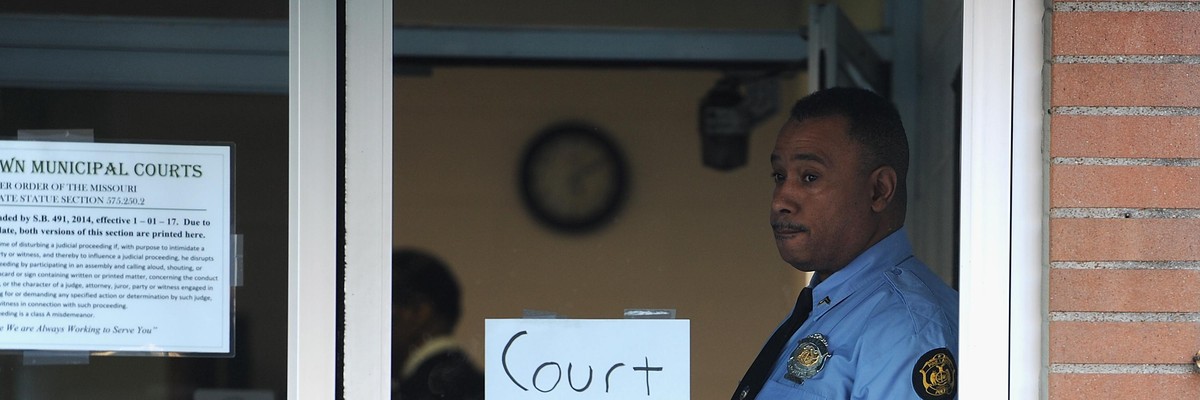Civil rights advocates accused Attorney General Jeff Sessions of "turning back the clock" on criminal justice reforms after the Department of Justice rescinded Obama-era guidance that protected low-income defendants from being forced to pay gratuitous fees to local courts.
"Profit-minded court policies targeting the most economically vulnerable Americans have resulted in a resurgence of unconstitutional but widespread practices penalizing the poor and people of color," said Kristen Clarke, president of the Lawyers' Committee for Civil Rights Under the Law. "Attorney General Jeff Session's decision to retract guidance from the Justice Department rooting out practices resulting in a perpetual cycle of fines, debt and jail of America's poor is a horrifying step backwards in ongoing efforts to reform the criminal justice system."
Under President Barack Obama, the DOJ issued a warning to local courts in May 2016 regarding the common practice of handing fines to poor defendants in order to boost their own revenues.
"Individuals may confront escalating debt; face repeated, unnecessary incarceration for nonpayment despite posing no danger to the community; lose their jobs; and become trapped in cycles of poverty that can be nearly impossible to escape," wrote Vanita Gupta, the head of the DOJ's civil rights division at the time, and former Office for Access to Justice director Lisa Foster. "Furthermore, in addition to being unlawful, to the extent that these practices are geared not toward addressing public safety, but rather toward raising revenue, they can cast doubt on the impartiality of the tribunal and erode trust between local governments and their constituents."
The "Dear Colleague" letter of guidance sent by Gupta and Foster, which was not legally binding, cited examples of unfair demands for payment made by municipal courts, including drivers who could be ordered to pay a penalty of $300 for a driving citation and told that a court date could only be scheduled after the payment was made.
Such requirements "can have the effect of denying access to justice to the poor," they wrote.
Sessions said Friday that he was reversing the guidance to combat "the long-standing abuse of issuing rules by simply publishing a letter or posting a web page" and to prevent "confusing the public with improper and wrong advice."
Gupta told the Washington Post that Sessions's decision "seems like an abdication of the Justice Department's responsibility" to guide municipal courts.
"I think it just takes the pressure off of some jurisdictions that may have been more reluctant to engage in reform," she said.
On social media, other critics denounced Sessions's decision.

